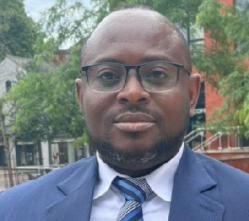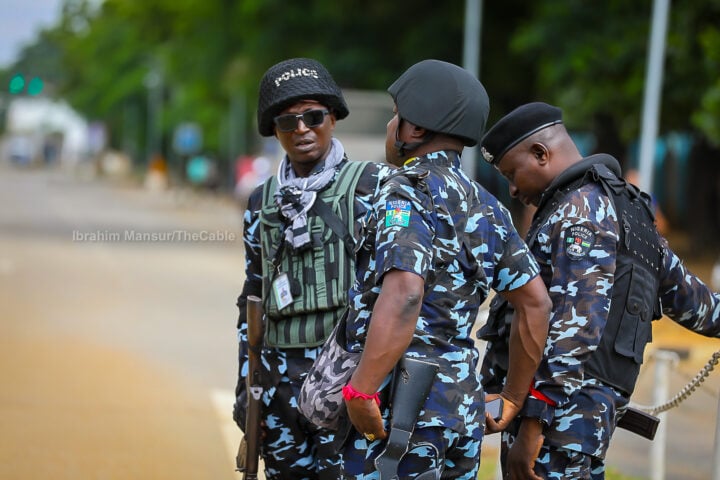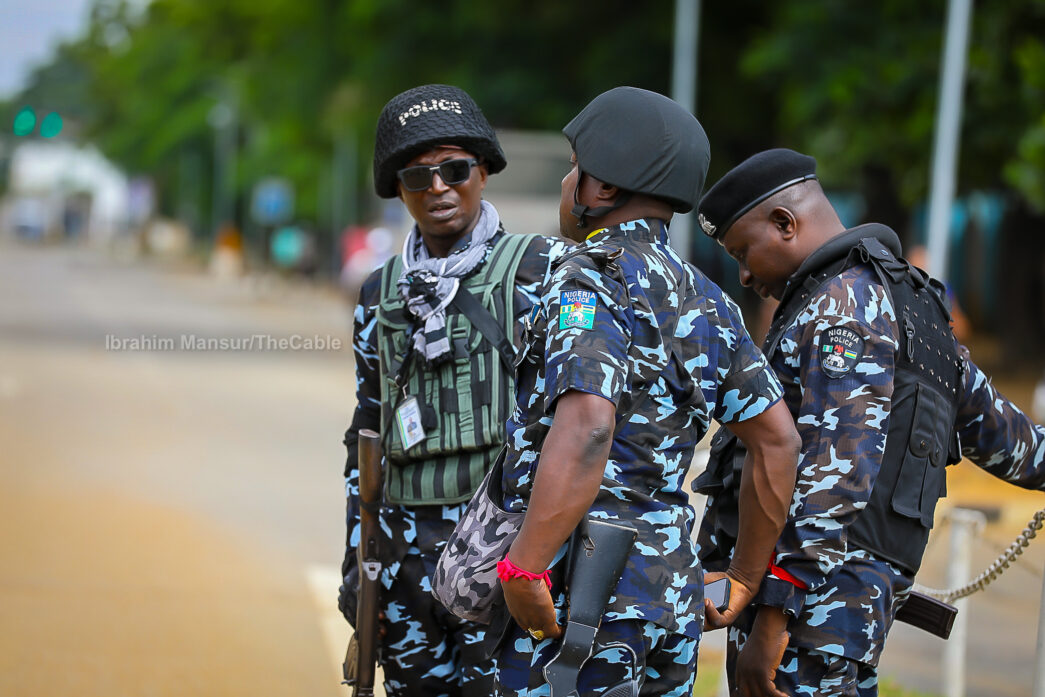In a country grappling with escalating insecurity and overstretched security agencies, President Bola Ahmed Tinubu’s directive to withdraw police officers from VIP assignments is a long-overdue correction of Nigeria’s dangerously distorted security priorities. For decades, the Nigerian Police Force has brazenly prioritised the protection of Very Important Personalities (VIPs) over its constitutional mandate to protect the general populace.
Today, policing in Nigeria has become a privilege reserved for a narrow elite class, leaving the overwhelming majority of citizens exposed to daily threats with minimal protection. While ordinary Nigerians confront kidnapping, robbery, banditry and violent crime, police officers remain heavily concentrated around individuals whose primary claim to state-funded security is wealth, influence or social status.
The categories of people drawing police protection have expanded absurdly over the years. Serving politicians have police security. Former public office holders have. Their wives have. Their children have. Monarchs and kings have. Religious leaders have. Bank managing directors have. Former bank executives have. Business magnates have. Even retirees from certain high offices retain police escorts long after leaving public service. When all these layers are added up, tens of thousands of police officers—officers who should be patrolling streets, responding to emergencies and protecting the public—are instead assigned to private individuals. Some are even posted to guard empty mansions owned by VIPs who spend most of the year abroad. With such massive diversion, one question becomes unavoidable: how many police officers are left to protect over 200 million ordinary Nigerians?
The situation becomes even more troubling when viewed against Nigeria’s overall police manpower. While the United Nations unofficially recommends one police officer to every 450 people, Nigeria’s extant police staff strength of 371,800 officers serving an estimated 237 million citizens gives a staggering ratio of one officer to 637 Nigerians. This shortfall is not merely a statistical inconvenience—it is a nationwide crisis. Most rural communities in Nigeria are completely without any police presence, leaving millions of citizens effectively unprotected. For Nigeria to meet the UN’s recommended ratio, it would require a total of 523,105 police officers, and that calculation assumes that none of them is deployed to guard VIPs. Given this manpower gap, diverting thousands of officers to escort privileged individuals is not only wasteful but dangerously irresponsible.
Advertisement
Within the police force, the VIP protection culture has created perverse incentives. Many officers actively lobby, push and even fight one another for VIP postings because of the attached perks—financial gifts, foreign trips, generous “allowances” and other benefits far beyond what they would earn performing regular policing duties. This has eroded professionalism, drained manpower from frontline policing and weakened public trust. The police should not be a prestige accessory for the privileged.
The irony is striking. When these same VIPs travel abroad—to London, Dubai, New York, Paris—they walk freely without any police escort trailing behind them. They move about unaccompanied, relying on functional policing systems that secure the general environment. They do not demand convoys or armed escorts on foreign soil. If they can feel safe walking alone abroad, why must they drain Nigeria’s already limited police resources at home?
If VIPs genuinely need personal protection, they are free to hire private guards. Nigeria’s private security industry is established, regulated and fully capable of providing such services. Globally, private individuals—no matter their wealth or influence—rely on private security when they require personal protection. State-funded police officers are not meant to be symbols of prestige or personal property. Continuing the current model is not only wasteful but fundamentally unfair in a country with severe security challenges.
Advertisement
While withdrawing police from VIPs is a major step, it must be paired with broader structural reforms. Nigeria urgently needs more police officers. The Tinubu administration should recruit more personnel into the police and other armed forces, equip them with modern tools and technology, improve their welfare, training and salaries, and ensure transparent funding and accountability. A better-funded, better-staffed and better-equipped police force is essential for any meaningful security reform.
The directive is commendable, but implementation will be the ultimate test. In the past, similar initiatives collapsed under pressure from influential individuals who considered police escorts a birthright. This time, the presidency and the police leadership must resist such pressures. Clear guidelines, transparency and sanctions for those who attempt to circumvent the directive will be critical.
Nigeria is facing a security emergency. Citizens need to see police officers on the streets, in neighbourhoods and within vulnerable communities—not packed into convoys or stationed in empty houses of privileged individuals. President Tinubu’s directive offers a rare chance to reset policing in Nigeria. If implemented boldly, transparently and consistently, it could signal the beginning of a security system that truly serves the public first.
This is not just a welcome development—it is an urgently necessary one.
Advertisement
Akinsuyi, former group politics editor of Daily Independent, writes from the United Kingdom
Views expressed by contributors are strictly personal and not of TheCable.



